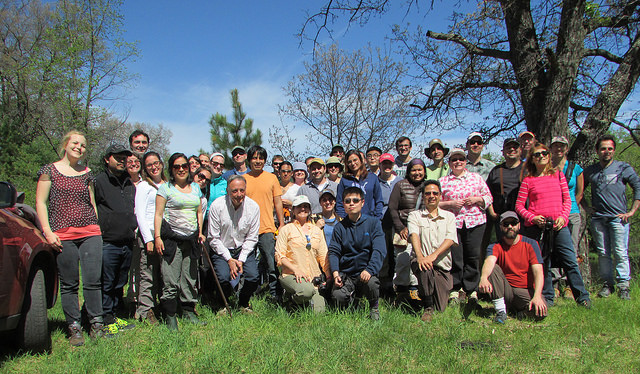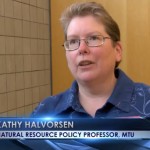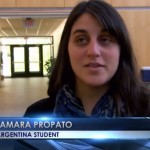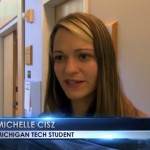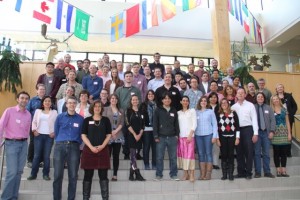
VIEW THE BIOMASS PIRE FLICKR PHOTO GALLERY
About 40 biofuel and bioenergy researchers from many countries in the Pan American region (from Argentina to Canada) will attend a workshop hosted by the Sustainable Futures Institute at Michigan Tech Wednesday, June 3, 2015, through Friday, June 5, 2015.
The goals of the workshop are to develop a research roadmap report (RRR) with diverse international perspectives and to recommend priority areas for future research. The RRR will be disseminated to funding agencies such as the National Science Foundation, Department of Energy and other federal research sponsors in the United States and their equivalents in other Pan American countries, as well as to industry and the general public.
This is the final workshop in the NSF-funded project “RCN-SEES: A Research Coordination Network on Pan American Biofuel and Bioenergy Sustainability“. The project is directed by David Shonnard (ChE) and with co-investigators Barry Solomon (SS), Kathy Halvorsen (SS), Sam Sweitz (SS) and Robert Handler (SF I).
From Tech Today, by David Shonnard.
Bioenergy Across the Americas
The work is part of the Partnerships for International Research and Education (PIRE), funded by the National Science Foundation (NSF). Kathy Halvorsen, a professor of natural resource policy at Michigan Tech, helps lead the PIRE research group, which is highly interdisciplinary.
“As we move forward with the project spanning six countries, I am always thinking about how are we going to be able to answer our research questions,” Halvorsen says, adding the project spans social, natural and engineering sciences. “We have to think about how we do our research so we can compare and integrate our data across the countries and disciplines.”
Read more and listen to audio at Michigan Tech News, by Allison Mills.
Biomass bridge
Vital aspect in achieving energy sustainability
Barry Solomon, a Tech professor on the PIRE team, noted that Brazil introduced the flex-fuel car engines now seen across the U.S. that can burn both high-ethanol and low-ethanol gas blends, and that bio-based ethanol has been a major boon to an economy that’s contributed to steady growth in recent years.
“The U.S. talks about energy independence, but it’s not (independent),” he said. “Brazil essentially is.”
Read more at the Mining Gazette, by Dan Roblee (subscription required).
Woody
U.P. bioelectric effort can follow Wisconsin’s lead
Regardless of the questions yet to be answered, Solomon said he sees biomass as an important part of the U.P.’s electric generation future.
“Biomass should be a part of things here,” he said. “There’s not a massive demand, but it’s far better to get rid of coal. … I think we need a combination of biomass and wind power.”
Read more at the Mining Gazette, by Dan Roblee (subscription required).
MICHIGAN TECH HOSTS FOREST BIOENERGY RESEARCHERS
A project this large can be unwieldy, so Halvorsen works with subgroup and country team leaders to effectively pursue their interdisciplinary research in bioenergy. Studying bioenergy naturally builds off multiple disciplines and goes beyond just the global biofuels discussion.
Read more at Technology Century, by Matt Roush.
Bioenergy across the Americas
In some ways, the PIRE research is like bioenergy yoga, looking at the best ways to build both flexibility and strength to move gracefully through changing climates and economic markets. From small plantations to spanning continents, the PIRE research seeks sustainability and resiliency using the insight of many disciplines.
Read more at ECN Magazine, by Allison Mills.
MICHIGAN TECH LEADS ON BIOENERGY
Sounds of Research
Michigan Tech has uploaded audio recordings of conversations with various researchers involved in the project — check out their Soundcloud account if you’re interested in hearing them.
Read more at Science Around Michigan.
MTU bioenergy: teaching the world
The U.P. is leading the effort to not just preserve natural resources, but to put them to work. The work is part of the partnerships for international research and education through the National Science Foundation.
